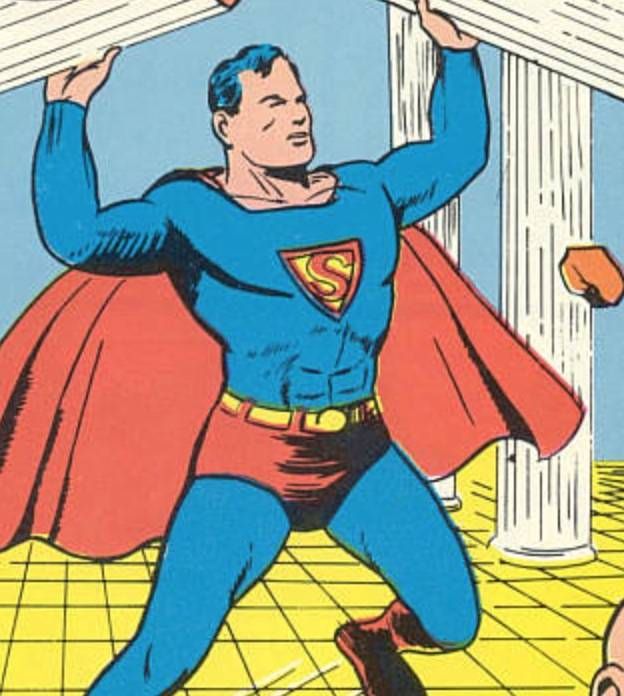
Comics Briefs: Supreme Court Declines to Review Superman Copyright Battle

Superman by Darwyn Cooke
This week, DC Comics prevailed once again in the ongoing copyright battle over Superman. The U.S. Supreme Court declined to review the case brought by the estate of Superman co-creator Joe Shuster against DC Comics.
The denial of certiorari caused the prior 9th Circuit ruling on the case to stand. The November 2013 ruling from the lower court held that the Shuster estate could not reclaim copyrights to Superman pursuant to copyright termination and revocation provision found in the Copyright Act of 1976.
The provision allows holders of a copyright to revoke a grant of a copyright after a statutorily determined period of time under specific circumstances. The court ruled that a 1992 agreement between Shuster’s siblings and DC rendered the estate ineligible to invoke those rights.
The 1992 agreement between DC Comics and Shuster’s siblings, Frank Shuster and Jean Peavey, relinquished the estate’s rights to Superman in exchange for $25,000 annual pensions and various other benefits. Subsequent to the agreement, the estate attempted to claim that they did not convey the copyright revocation rights because they did not own them at the time. They claimed that it was not until the Copyright Extension Act of 1998 that revocation rights were granted to executors of an estate, rather than just spouses and children. The court disagreed with this argument and said, to rule for the estate would be to contradict “extensive legislative history”.
While no reason was provided by the Supreme Court as to why they denied the review of this case, they did note that Chief Justice John Roberts did not partake in the decision to deny the review.
As someone who has dabbled in the creative end of the arts and has friends who make a living out of their creative endeavors, I always like to side with the creators in copyright disputes. It breaks my heart when I see creators not getting the credit, or the paycheck, that they deserve. Some creators have been financially crippled by corporations exploiting their work.
It’s futile to debate whether the court made the right or wrong decision in this particular case, but I think there is an important take-away. When entering into a contract regarding your intellectual property, ALWAYS READ THE FINE PRINT! Whether it’s a licensing agreement, a work-for-hire agreement, or any other contract, it is essential to read and fully understand what you are signing. In most situations, Courts will uphold what was agreed to in writing. It is not a defense that you didn’t understand the contents of what you were signing.
I understand that many contracts are non-negotiable, take it or leave it situations, but it is still important that you know what you’re getting yourself into. If you’re presented with a contract that feels like you’re getting shafted, you always have the option to walk away!
I also understand that a lot of these contracts read like non-sensical, gibberish. It can be insanely difficult to comprehend the contents of a contract, even if you do read them thoroughly. You need to seek out someone who has experience with these matters. Lawyers can be irrationally expensive, but there are options! There are organizations like Volunteer Lawyers for the Arts who offer low cost, or even pro bono legal assistance to artists.
Take some extra time and do a little more footwork to fully understand any agreement that you enter into regarding your intellectual property. A little bit of time spent now is worth the headache of a potential legal battle in the future.











